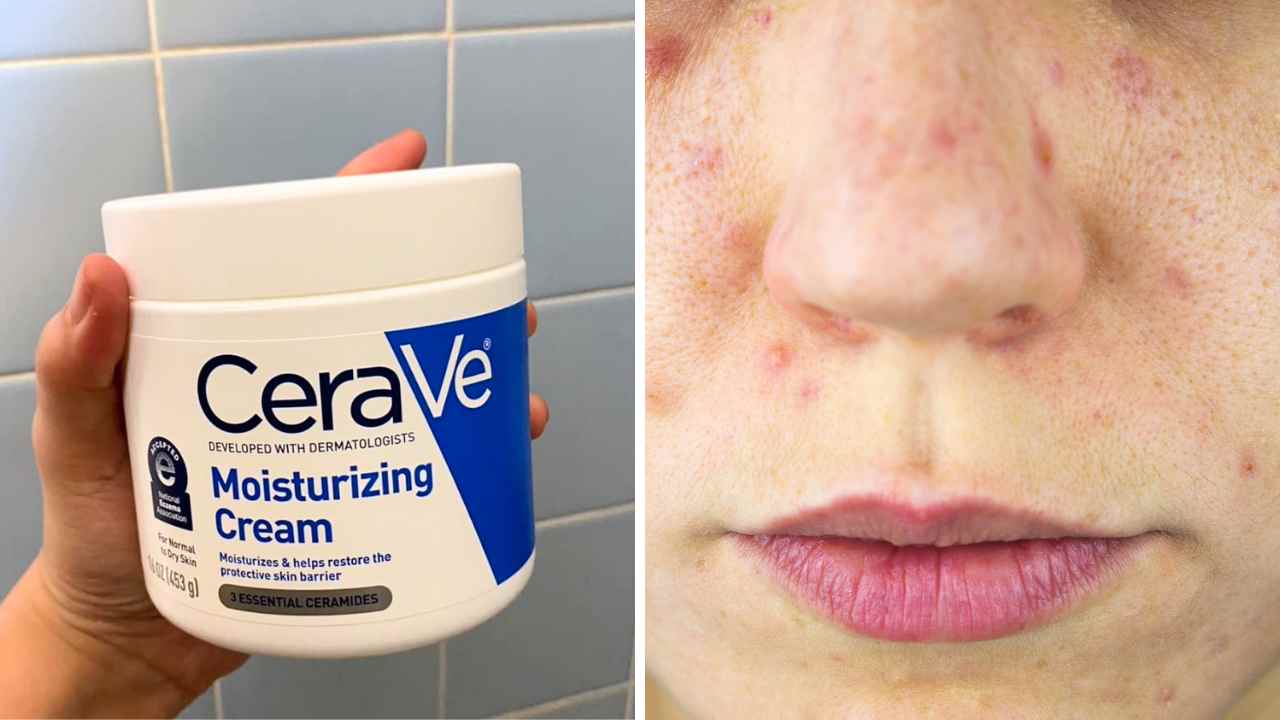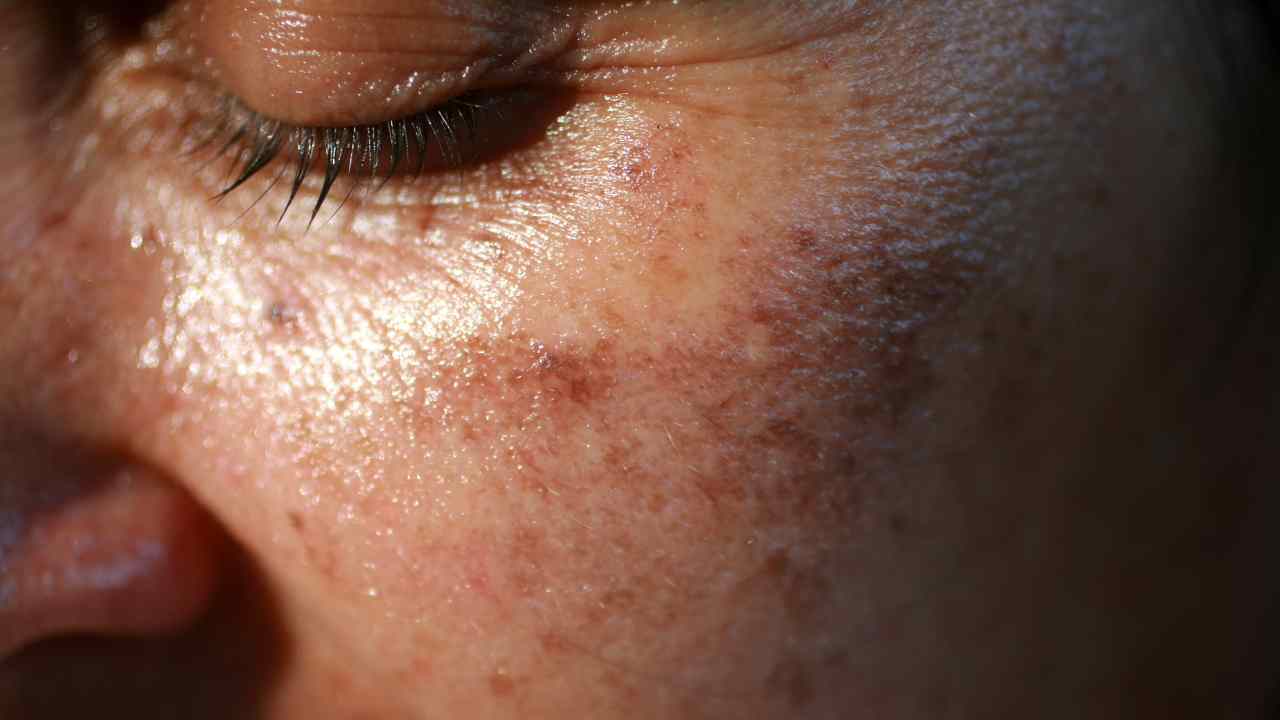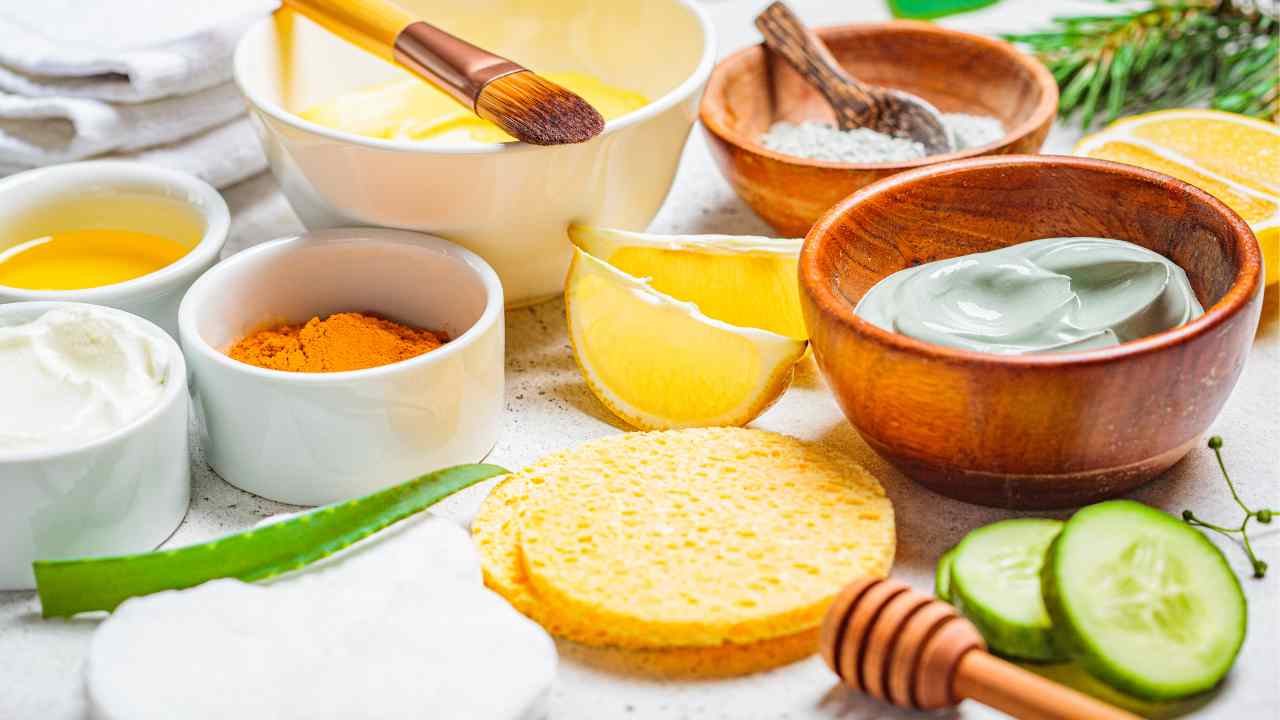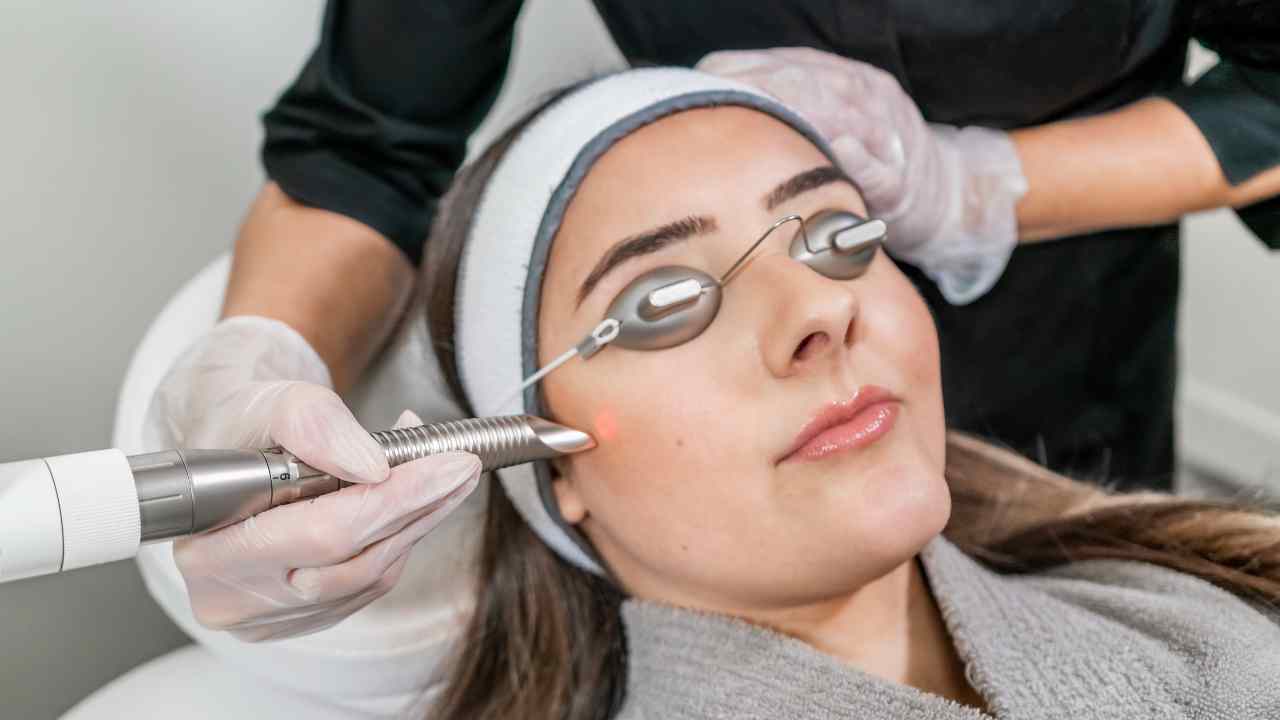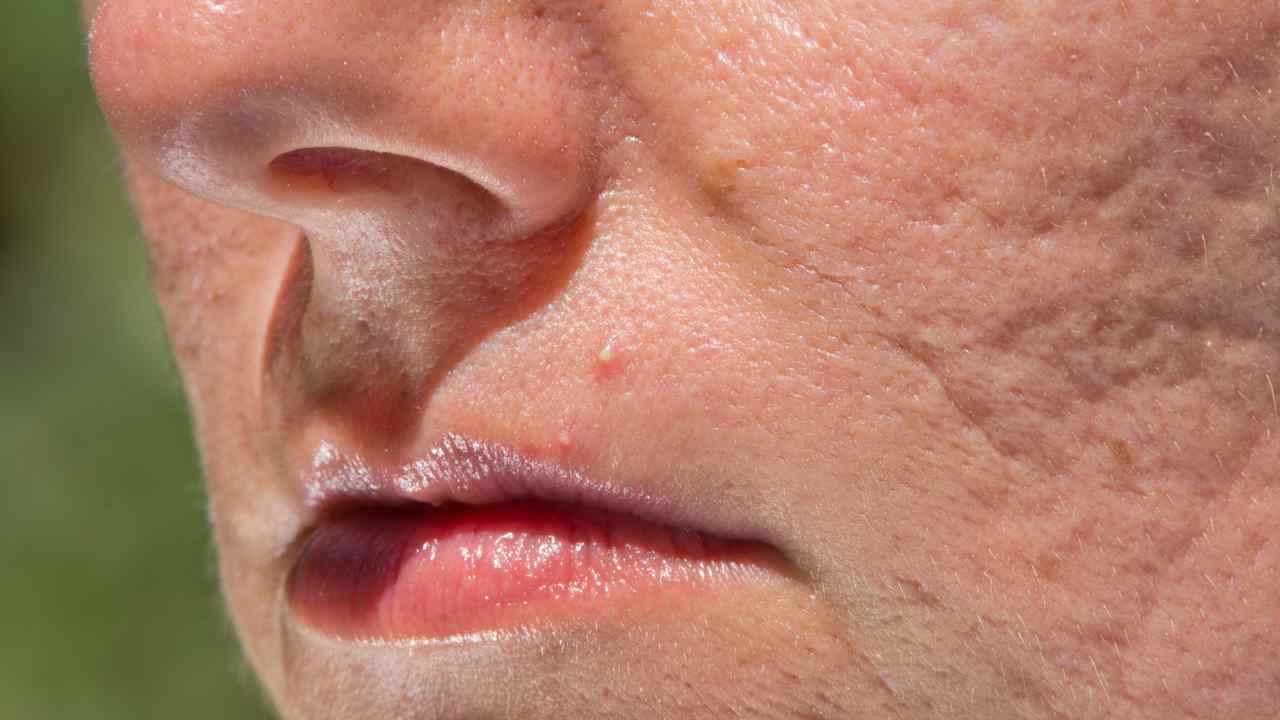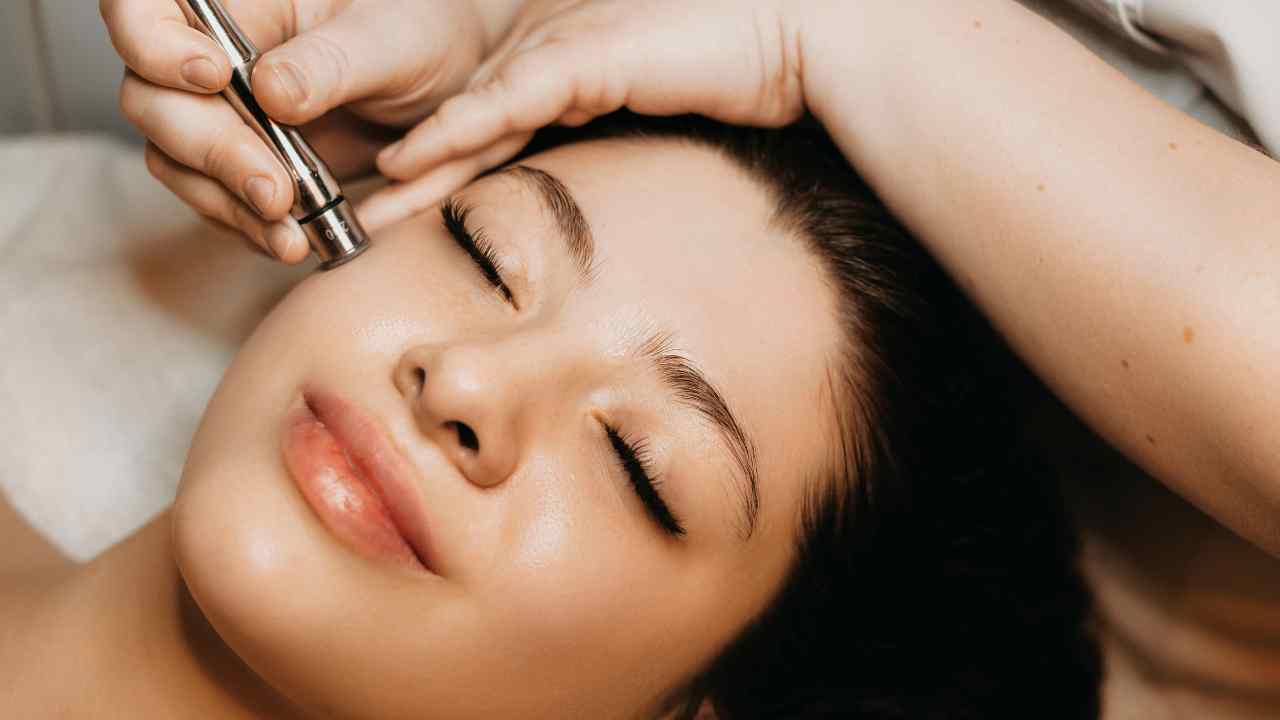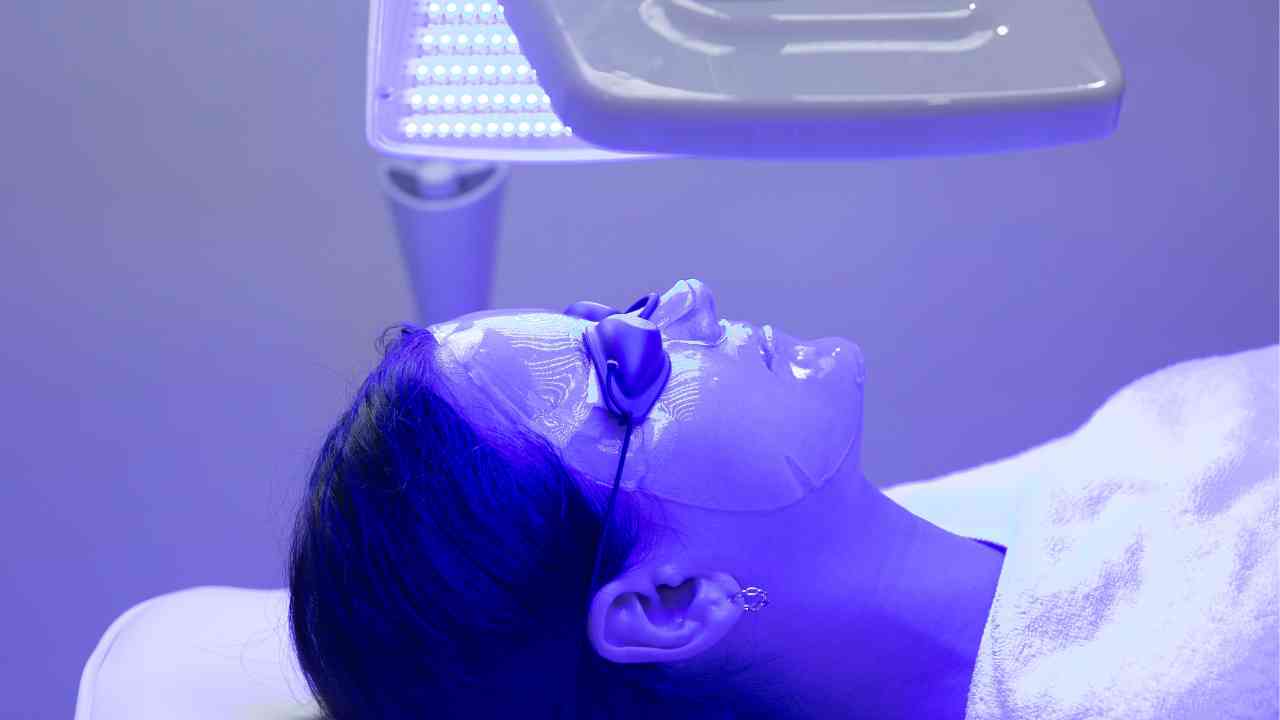
Chemistry Lesson: Can I Use Azelaic Acid with Retinol?
Greetings, skincare aficionados! Today, we're venturing into the realm of potent skincare duos to uncover the truth behind an enchanting combination—azelaic acid and retinol.
If you've been wondering whether these two superstar ingredients can work harmoniously, you're in for a treat!
Get ready to unlock the secrets of this powerful skincare duo, dear readers, and embark on a journey to a radiant, flawless complexion like never before!
The Dynamic Duo: Azelaic Acid & Retinol
Let's start with the basics—what makes azelaic acid and retinol such a dynamic duo?
Both are celebrated ingredients known for their ability to address various skin concerns and are often hailed as must-haves in any well-rounded skincare routine.
Azelaic Acid's Charm
Azelaic acid is like the multitasking magician your skin has been longing for. It can have quite an impressive effect on your complexion, and the results are certainly worth exploring further!
Azelaic acid is derived from grains like wheat, barley, and rye – it's a naturally occurring substance that's effective at treating common skin concerns such as acne and rosacea, while also improving overall tone and texture of the skin.
It works by reducing inflammation in the affected area(s), inhibiting bacterial growth (which helps with treating acne), clearing away dead skin cells to make way for new ones (skin cell turnover), lightening dark spots or discoloration (such as hyperpigmentation or age spots), minimizing acne scarring and smoothing out fine lines and wrinkles…the list goes on!
In short: azelaic acid does a lot of good things for your complexion! But you may be wondering how to best use it.
You should aim to incorporate azelaic acid into your skincare routine 2–3 times per week.
If you haven’t already incorporated azelaic acid into your routine then now might be time time give it a try!
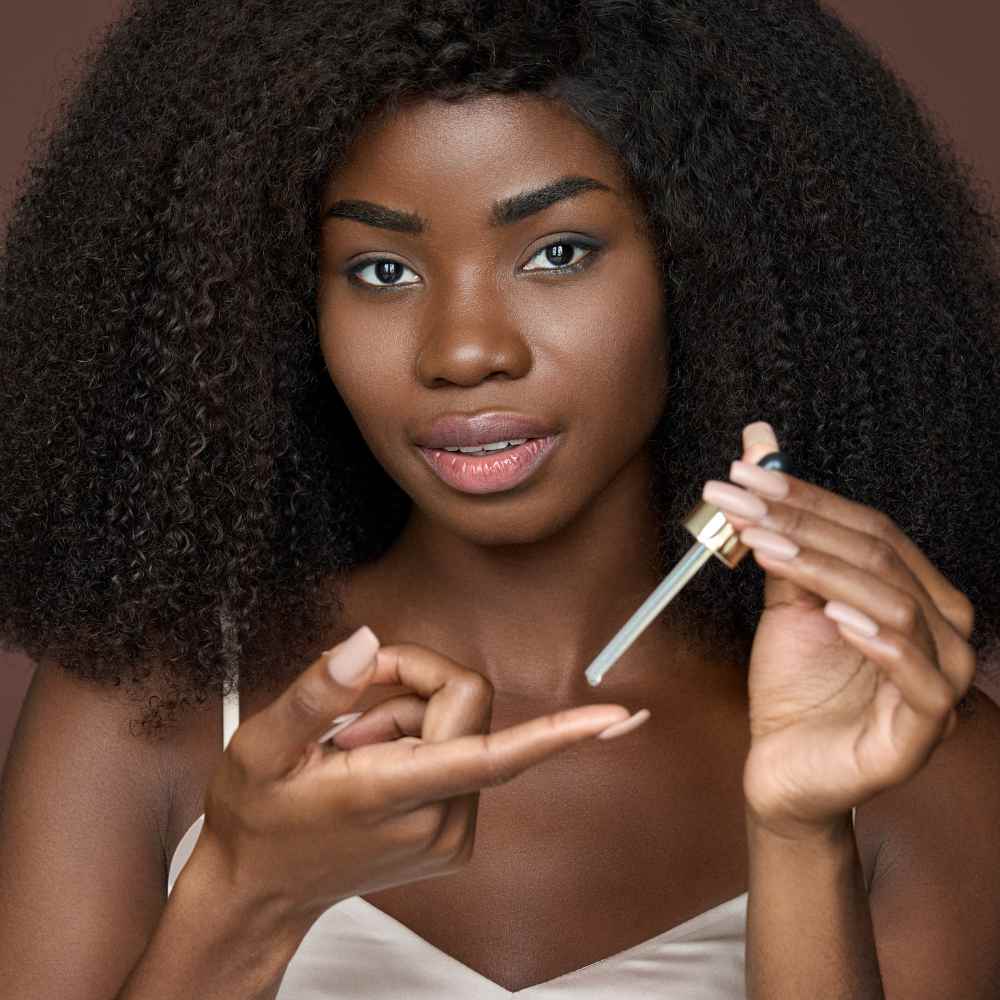
Retinol's Magic
Ah, retinol—the age-defying wizard that has been turning back the skin aging clock for countless skincare enthusiasts. It may just be a single ingredient but it packs a powerful punch when it comes to skin health.
For starters, let's talk about what retinol is - basically, it's a form of Vitamin A that helps stimulate cell turnover and collagen production.
In other words, by using retinol regularly in your routine you can help promote brighter skin with fewer wrinkles and fine lines!
Plus, since it encourages cell renewal you can help make sure your skin remains healthy and vibrant for years to come.
But that's not all - this miracle ingredient also does wonders for reducing acne breakouts thanks to its ability to fight bacteria at the source deep within pores.
As an added bonus, its anti-aging properties make it ideal for evening out discolorations like age spots or sunspots over time as well as helping to reduce pore size!
In short, if you're looking for a topical treatment that will help keep your skin looking healthier and younger longer then look no further than retinol!
Its miraculous effects are sure to have the whole internet talking about how incredible this product really is before long.
So get ready because once they find out how amazing this stuff truly is there'll be no turning back from achieving clear radiant skin that defies age!
The Compatibility Question
Now, let's address the burning question—can you use azelaic acid with retinol? The answer is a resounding yes it's okay mixing azelaic acid with retinol!
These two skincare ingredients can complement each other beautifully when used in a thoughtful, coordinated skincare routine.

Where Can I Find Azelaic Acid?
If you'd like to get the most out of this wonder ingredient, here are some types of skincare products that offer azelaic acid as an active ingredient:
Face Serums
Azelaic Acid serums are typically the most potent form of topical application since it's highly concentrated with this beneficial ingredient.
These are great for targeting acne breakouts or pimples quickly as well as brightening areas of pigmentation or blemishes caused by sun damage or old acne scars.
Moisturizers
Moisturizers containing azelaic acid can help lock in moisture while providing gentle exfoliation to keep skin soft and smooth.
This type of moisturizer works best on combination skin types, meaning those prone to both skin dryness and oiliness - since it helps balance oil production levels without causing irritation or sensitivity reactions like other forms of exfoliants may cause (i.e., glycolic acid).
Cream Cleansers
Cleaning your face with a cream cleanser containing azelaic acid provides gentle yet effective cleansing action while still keeping hydration levels at bay without drying out the delicate facial skin barrier leaving it looking fresh all day long!
Spot Treatments
An underrated but powerful way to use azelaic acid is through spot treatments where small amounts (about a pea size) will be applied directly onto problem areas such as clogged pores known as whiteheads or blackheads at night before bedtime.
This way it can work its magic overnight to treat acne while you sleep soundly knowing you’re doing something good for yourself!
Toners
Last but not least would be using toners with azelaic acids which provide light hydration and sebum control on targeted areas while also prepping the face for other routine steps.
This could involve essence layering or masking applications throughout the week depending on individual preferences.
The Gradual Introduction
As with any new skincare combination, it's essential to take baby steps, especially if you have sensitive skin or rosacea prone skin.
Start by introducing one of the ingredients into your routine before incorporating the other. This approach allows your skin to acclimate to each ingredient's magic separately.
Evening Stars
Both azelaic acid and retinol tend to work their best magic during the nighttime.
This is because they can increase your skin's sensitivity to the sun, making them better suited for evening use when your skin cells can rejuvenate without sun exposure.
The Magical Separation
Using azelaic acid and retinol together is entirely possible, but it's a good idea to separate their application.
For instance, use azelaic acid serum in the morning and retinol in the evening to avoid potential conflicts and maximize their benefits.
The Soothing Symphony
Some may find that combining azelaic acid and retinol in the same routine causes skin sensitivity, skin irritation, or dry skin.
If this occurs, don't fret! Instead, try using them on alternate days or select products that have been specially formulated to combine both ingredients harmoniously. You may still be able to combine your azelaic acid with other serums, such as vitamin c serum, without irritation.
The Barrier Magic
When using these potent ingredients, it's crucial to fortify your skin's barrier. Incorporate a nourishing moisturizer and a gentle, soothing cleanser into your routine to keep your skin happy and balanced. Treat any blemishes with a spot treatment product containing salicylic acid.
The Sun Shield
Last but not least, sunscreen is the knight in shining armor that should never be forgotten.
Both azelaic acid and retinol can increase sun sensitivity, so shield your skin from harmful UV rays to maintain its radiant glow.
Can I Use Azelaic Acid with Retinol?
In conclusion, the answer to the question "Can I combine azelaic acid with retinol?" is a delightful yes!
When used thoughtfully and with proper consideration, these powerful ingredients can form a dynamic duo in your skincare routine.
Embrace the magic of azelaic acid's multitasking charm and the age-defying prowess of retinol to unveil a complexion that radiates youthfulness and beauty.
So, dear readers, let the skincare symphony begin, and let your skin bask in the enchantment of this transformative duo!



